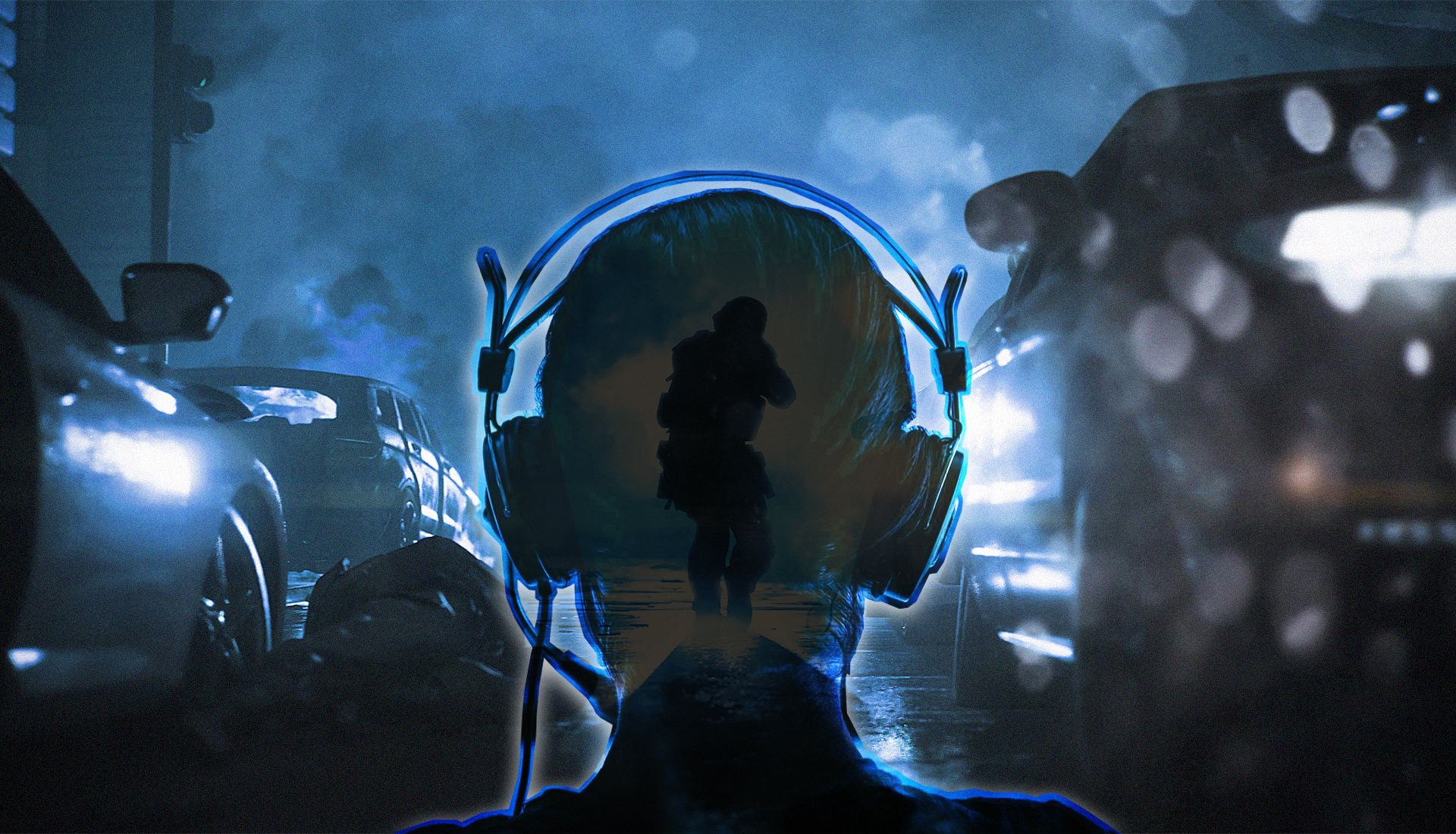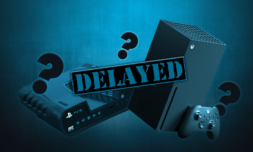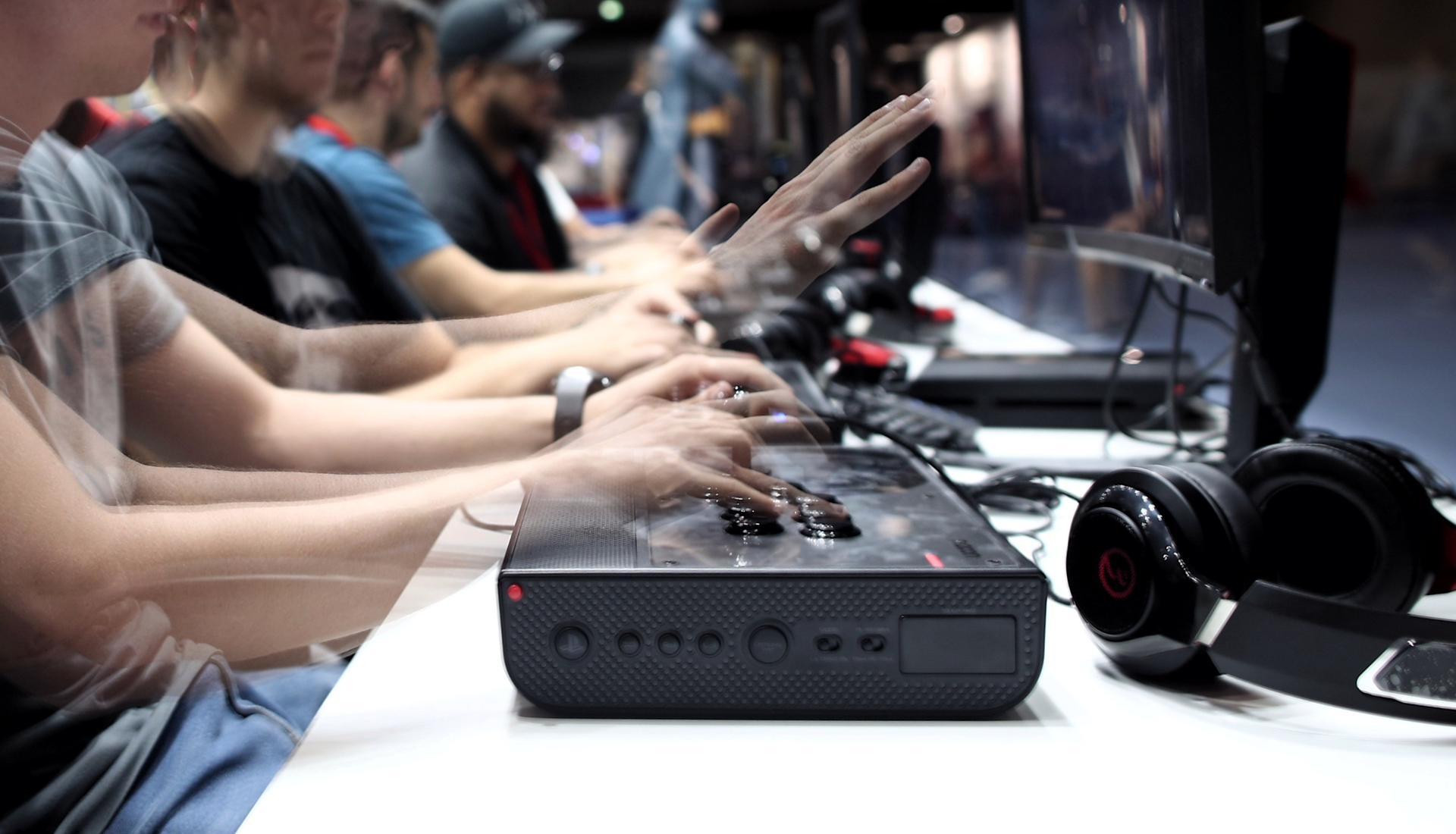The NHS has launched a new initiative to help young people who’re seriously addicted to video games.
The World Health Organisation defines a ‘gaming disorder’ as a pattern of behaviour in a person where gaming takes priority over all other activities; we’re talking eating, sleeping, bathing, going to the toilet, and outdoor exercise. And now, according to the World Health Organisation, it’s an official medical disorder akin to gambling addictions and OCD. So tough love won’t work for you old school parents out there.
Britain’s first specialist clinic is opening to treat those aged between 13-25 whose lives are being literally debilitated by the compulsion to binge video games. That’s everything from AAA games like Fortnite and Call of Duty, to mobile games like Candy Crush, and well… Call of Duty.
Starting today (8th Oct) GPs and other health professionals will begin referring those they believe to be genuine addicts to the new service, with treatments officially kick-starting next month. Cognitive and behavioural plans will be administered in person at the National Centre for Behavioural Addictions in London, and consultations will also be available via Skype. To me that seems a little reductive – something like screen hopping – but hey, it’s the digital age and I’m far from an expert on the matter.
Don’t be fooled, this isn’t just something being drawn up by medical experts to appease today’s pop culture paranoid mums or merely tick a box. A diaspora of qualified clinical psychologists, mental health nurses, therapists, and psychiatrists all specialising in the rehabilitation of children and young adults have been deployed to take cases with the same gravity as more traditionally recognised addictions.





















